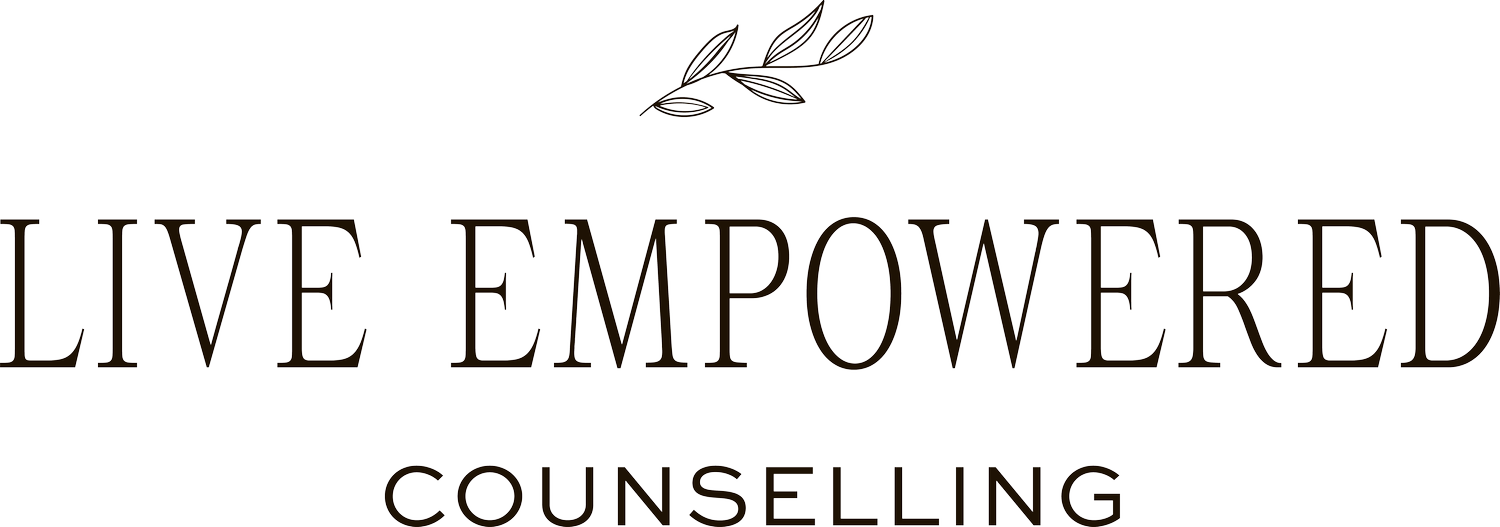The Emotional Roots of Disordered Eating: Why It’s Not Just About the Food
If your relationship with food feels complicated, exhausting, confusing, or even distressing, you’re not alone.
You may have spent years trying to “fix” the way you eat, hoping that if you could just figure out the right plan, mindset, or routine, everything would fall into place. But disordered eating isn’t about failure or lack of discipline. It’s often a reflection of deeper emotional pain and your relationship with food might be trying to tell you something important.
Healing begins when we stop trying to “correct” the behaviour and instead begin to understand what’s underneath it.
When Eating Patterns Hold Deeper Meaning
Disordered eating can take many forms - persistent thoughts about food, emotional eating, avoidance or fear of certain foods, or a swing between extremes. Often, it’s not about the food itself, but what the food represents.
Sometimes our relationship with food becomes:
A way to soothe emotions that feel too overwhelming to name
A sense of order when everything else feels unpredictable
A strategy for coping with shame, perfectionism, or anxiety
A way to feel “acceptable” in a world that taught us our worth depends on how we look
These patterns may no longer serve you, but they developed for a reason. And acknowledging that reason is part of healing, not a barrier to it.
When Surface Solutions Fall Short
Messages like “just eat intuitively” or “just love your body” can feel dismissive especially when you’ve already tried. You may know what you're “supposed” to do, but still feel stuck. That’s because deeper struggles can’t be solved with surface strategies.
Instead of asking “How do I change this?”, we invite more meaningful questions:
What does this behavior protect me from?
Where did I learn to disconnect from my body?
What parts of me still feel unsafe, unseen, or not enough?
These aren’t quick-fix questions. They’re the kind that unfold slowly, in safe spaces and they’re the ones that lead to lasting change.
Creating a Safe Space for the Full Story
Your relationship with food and body is not a problem to be fixed - it’s a story to be understood. A story that includes pain, protection, resilience, and longing. One that makes sense in the context of your life and experiences.
When we step away from shame and start exploring these patterns with curiosity and care, we create space for something new:
A return to trust in your body.
A sense of emotional safety.
A deeper connection to your needs and values.
An Invitation to Reflect
If your relationship with food has felt like a battle, it doesn’t mean you’re broken, it means you’re doing your best to meet a need that may not have been fully understood.
Here are a few questions you might gently hold:
What might my relationship with food be trying to express?
What would it feel like to approach myself with compassion instead of judgment?
What kind of support do I truly need right now?
You don’t have to have all the answers. Sometimes the first step is simply giving yourself permission to ask the questions.
Healing doesn’t begin with control. It begins with connection.
A Gentle Invitation
If you're beginning to explore your relationship with food and body more deeply, know that you're allowed to take things one step at a time. Whether you're just starting to ask questions or you’ve been on this journey for a while, you deserve support that honors your pace, your story, and your truth.
If you’re curious about what healing could look like for you, we welcome you to reach out. We’re here to listen and walk alongside you.

